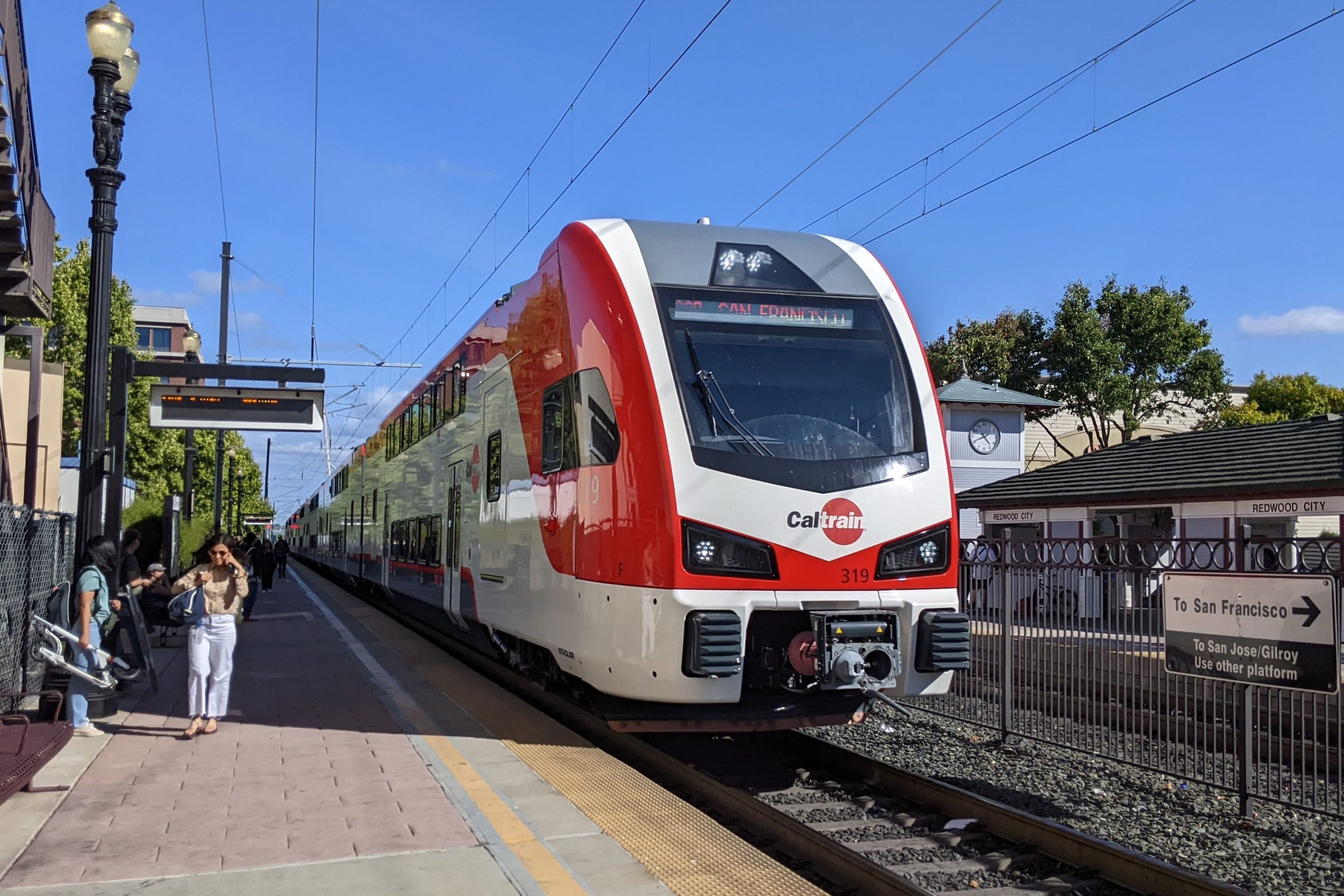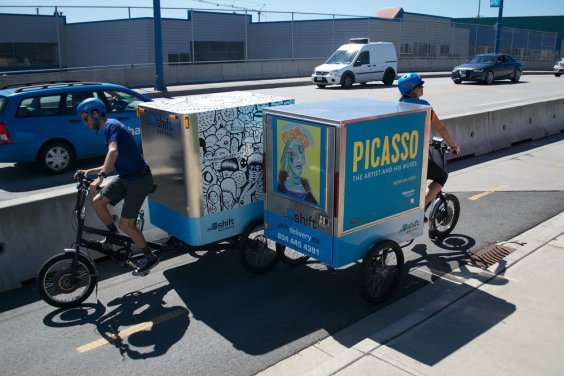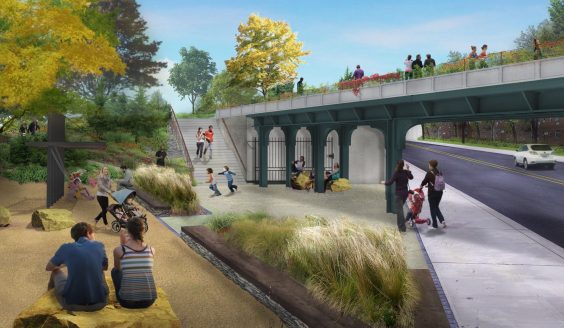Remember how NRDC’s Deron Lovaas said the new transportation bill proposed by House Republicans is “a march of horribles“? Well, he wasn’t exaggerating.
This bill, which attempts to make up for the country’s stagnant gas tax by squeezing revenue from domestic oil drilling, takes the concept of sustainability (environmental, fiscal and otherwise) and strives to achieve the opposite. Not only would it eliminate bike and pedestrian funding, House Speaker John Boehner (R-OH) has said he plans to saddle the bill with a measure permitting the Keystone XL tar sands pipeline, recently quashed by the president.
Some Republicans are even coming out against aspects of this proposal, says Stephen Lee Davis at Transportation for America:
In the Senate, Republican Sen. Inhofe has already said that expecting new oil drilling revenues to pay for an immediate multi-year transportation bill isn’t a realistic funding solution.
“While Speaker Boehner’s idea may be a long-term revenue source for transportation infrastructure,” said Sen. Inhofe back in November, “we need to focus on the immediate problem of how we will fund a multi-year highway bill. …If this is how the House is able to move the bill forward then I applaud them. But we need money now for transportation; we can’t afford to wait.”
The Competitive Enterprise Institute, a conservative/libertarian think tank, held a session today on Capitol Hill with a title that leaves little mystery about their position: “Don’t Drill And Drive: Weakening The “User-Pays” Highway Funding Principle Would Endanger Our Nation’s Transportation Infrastructure.
Elsewhere on the Network today: Exit 133 reports there is a grassroots campaign to “depave Tacoma” by removing unnecessary parking lots. Renew Lehigh Valley says smart growth isn’t partisan politics, it’s common sense. And PubliCola announces that a Washington state legislative committee has passed a bill that would allow communities to lower their speed limits down to as little as 20 mph without conducting any expensive studies.






